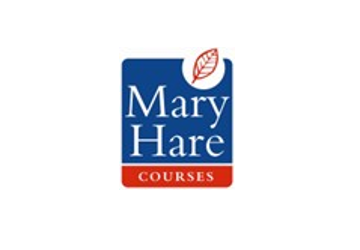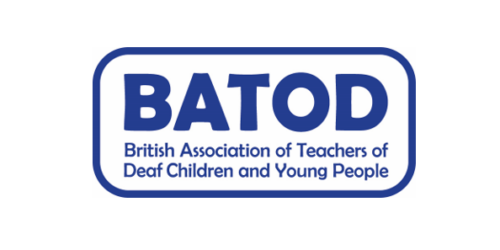Following the recent national televised showing of ‘The Silent Child’ by the BBC on 30 March 2018 British Association of Teachers of the Deaf (BATOD) wished to provide some additional comments.
As Teachers of the Deaf we are passionate about ensuring every deaf child achieves his or her potential. What supports deaf children to do this is early diagnosis, technology, early support, parents being enabled to make informed decisions for their child, specialist support from Teachers of the Deaf, and other professionals as well as inclusive practices in education settings
For Teachers of the Deaf, working in partnership is key. We work with families to understand their hopes and aspirations for their child and support them on that path to achieving those aims. Our most recent BATOD Magazine publication, entitled ‘Family Support’ showcased the work of the profession across England, Wales, Scotland and Northern Ireland and Gwen Carr wrote a reflective and thought-provoking piece about newborn hearing screening and informed choice in practice. It is Teachers of the Deaf who are there from diagnosis, supporting children and families.
The National Deaf Children’s Society’s (NDCS) Quality Standards for Outreach Services necessitate that, following diagnosis, the service for deaf children is notified and contact is made by the Teacher of the Deaf within two working days. Peripatetic Teachers of the Deaf will be notified of all children who have a hearing loss by audiology services immediately after diagnosis or when they move into a local area. Every deaf child, no matter their level of hearing, should be known to the specialist service for deaf children within the local authority and this is a legal requirement.
As outlined in the Special Educational Needs and Disability Code of Practice: 0 to 25 Years (2015) all local authorities must publish their Local Offer which sets out the support they provide in their area for children and young people who have a disability or special educational needs.
The majority of deaf children (78%) are in mainstream education, with specialist support from Teachers of the Deaf. For children who require a greater level of specialist intervention there are schools with hearing resource bases or schools for the deaf. As Teachers of the Deaf we encourage the deaf children and young people we work with to articulate their needs – messages are most powerful when expressed by children – through whichever communication mode they and their parents have chosen. This is something to be celebrated.
As Teachers of the Deaf we commend the need for deaf awareness raising in schools and wider society. Making British Sign Language (BSL) more widely taught and as an option to take for GCSE, is also something BATOD supports wholeheartedly.
There are pressures on services for deaf children due to changes in financial support. This is the case for all specialist services for children with SEND. These pressures are even more evident with children having greater difficulty accessing specialist speech and language therapy provision and support from social workers who have expertise in deafness. This is profoundly evident through representation at Education, Health and Care Plan meetings for deaf children across England and the NDCS research into Social Care provision in England where only two social workers were identified to work solely with deaf children. It is therefore, Teachers of the Deaf who are more likely to have regular and ongoing contact with deaf children and their families.
During the BATOD conference in Manchester 2017, Professor Wendy McCracken articulated on BBC breakfast the importance of the mandatory qualification for Teachers of the Deaf to ensure the best possible outcomes for deaf children and their families. In 2019 we celebrate 100 years of training Teachers of the Deaf at Manchester University.
We must take the opportunity this film has given to widen knowledge about support available for deaf children. BATOD invites the film makers to meet with us and ensure their microphone is being used to share informed messages about services for deaf children in the UK.




